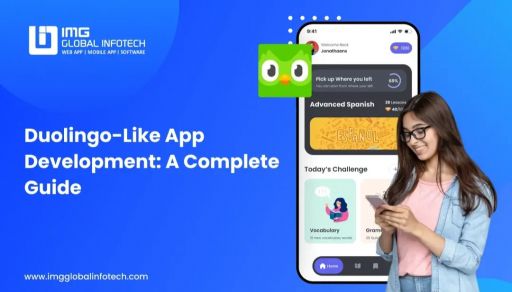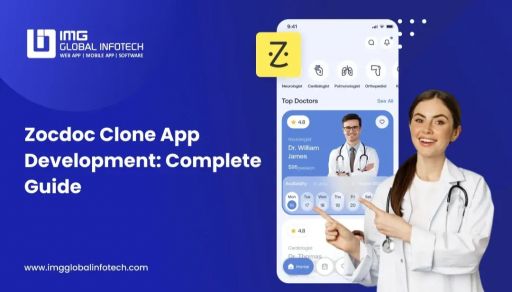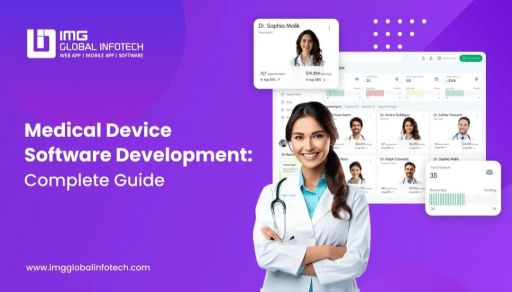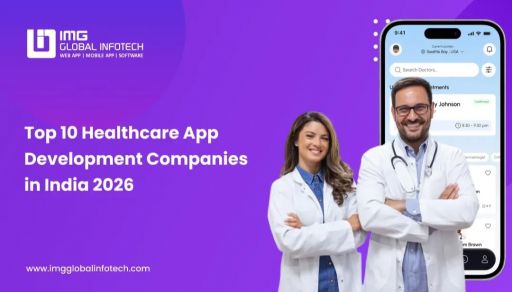How To Convert Website Into App In 7 Simple Steps
Dipti Singhal
Mar 26, 2021

Building a mobile app is one of the most effective ways to elevate your website and reach a larger audience.
While websites are great for desktop access, studies show that 85% of users prefer mobile apps over mobile sites on smartphones. Apps offer better convenience, faster performance, and a smoother user experience, which leads to higher engagement and better conversions.
But how to convert a website to an app successfully? That’s exactly what this guide will cover.
We’ll begin by exploring the key benefits of mobile apps over websites and web apps. Then, you’ll learn multiple methods to turn your website into an app, followed by a clear, step-by-step guide to help you get started the right way.
Benefits of Mobile Apps vs. Websites
Why should you turn your website into a mobile app? The answer lies in speed, convenience, and user engagement. Let’s look at the top advantages of mobile apps over traditional websites.
1. Instant Accessibility
Try this simple test: grab your phone and go to your website. Chances are, you opened your browser, typed the full address, and dealt with auto-correct or typos on a small screen. Not ideal, right?
Now, open an app on your phone. Notice the difference?
When you turn your website into a mobile app, users can access your services instantly right from their home screen. This ease of access improves usability and keeps your brand a single tap away, increasing return visits and session time. Businesses that turn website into mobile app enjoy better visibility and improved customer satisfaction.
2. Real-Time Communication with Push Notifications
Unlike websites that rely heavily on emails for user engagement, mobile apps allow you to send push notifications directly to users' devices.
Websites require opt-in forms, email marketing tools, and constant monitoring of open rates. On the other hand, an app allows real-time interaction with your users whether you're announcing a sale, promoting a feature, or sending updates.
When you convert site to app, you unlock the ability to keep users engaged without depending solely on emails. Push notifications feel more personal, timely, and action-oriented boosting conversions and retention.
3. Loyalty: Stay Top-of-Mind with Your Audience
Mobile apps tend to build stronger customer loyalty than websites. One key reason? Visibility. Apps live on a user's home screen, constantly reminding them of your brand. When users see your icon every time they unlock their phone which, on average, is 58 times a day they're far more likely to open your app regularly.
This daily visibility makes mobile apps an essential tool for long-term retention. Plus, apps allow you to implement loyalty programs more effectively. Users can view points, rewards, and special offers directly within the app, which encourages repeat purchases and boosts customer lifetime value.
If you're thinking of increasing customer retention, now’s the time to turn your website into an app and unlock the benefits of loyalty-driven design.
4. Engagement: Deliver a Better User Experience
User engagement is another area where mobile apps outperform mobile websites. Apps typically offer faster performance, smoother navigation, and personalized content all of which result in longer sessions and deeper interaction.
Frustrations like slow load times, clunky menus, or poor design on mobile web pages can push users away. But with a native or hybrid app, these friction points are eliminated. This is where investing in mobile app development pays off.
With an app, you can track user behavior, analyze session durations, and make informed updates that lead to better engagement. Whether you're working to improve retention or increase actions like signups or purchases, a mobile app creates a more compelling environment for users to interact with your brand.
If you're ready to improve UI/UX Design and retention, consider your next step: how to convert website into app and give users the digital experience they deserve.
5. Conversions: Boost Your Results with Mobile Apps
This isn’t just a theory, it's backed by real data. Mobile apps significantly outperform mobile websites when it comes to conversion rates. In fact, studies show that mobile apps convert at a 157% higher rate on average across all industries.
Just imagine increasing your conversions by over 150% simply by investing in a mobile application. That’s a powerful reason to explore Android App Development or iOS app solutions for your brand.
If you're looking for results, the numbers make it clear: building an app is no longer optional, it's essential.
6. Meet User Expectations in the Mobile Era
Today’s users expect to do almost everything on their smartphones from online shopping and mobile banking to streaming content and booking services. If your business isn’t meeting those expectations, you’re already falling behind.
Think about it: when you search for a company and discover they don’t even have a website, it feels outdated. We’re quickly approaching a time where not having an app creates the same reaction. Consumers now expect a seamless mobile experience and that includes having access through an app, not just a browser.
For businesses that already have Android apps, the next logical step is to convert an Android app to iOS to capture the iPhone user base and maintain a consistent brand presence across platforms.
7. Improve the User Experience with Native App Features
Mobile apps deliver a superior user experience compared to mobile websites mainly because they’re built specifically for handheld devices. Apps can access native features like GPS, cameras, Bluetooth, contacts, and even offline functionality, giving users a smoother, more integrated experience.
While responsive websites help improve mobile usability, they can’t match the flexibility or performance of a well-designed native or hybrid app.
If you're wondering how to convert website into app or exploring Web to App solutions, now is the time. A mobile app doesn’t just enhance usability it sets your brand apart.
8. Generate More Revenue Opportunities
Mobile apps aren't just about convenience they can directly boost your bottom line.
Whether you're running an eCommerce store, subscription platform, or service-based business, apps allow you to monetize in new ways. From selling products and managing bookings to offering in-app purchases and advertising space, the revenue potential is huge.
Even content creators can leverage their apps to offer premium content, exclusive access, or ad-based income. You can also use your app to manage events, sell tickets, or accept deposits making it easier for users to interact with and pay for your services.
Before launching, it’s essential to estimate your mobile app development cost accurately. This ensures you balance your investment with expected revenue returns and select the right monetization model from the start.
9. Increase Visibility with App Store Presence
Having your app listed on major app stores dramatically expands your brand’s reach. If your only digital presence is through your website, blog, or social media channels, you’re missing out on massive traffic from app marketplaces.
More than 48% of people discover new apps by browsing app stores, and another 34% rely on app store recommendations. These platforms like the Google Play Store and Apple App Store are top sources of organic app discovery.
By placing your app where users are actively searching, you can attract a whole new audience, build brand trust, and drive more downloads. It’s one more reason why knowing how to turn a website into an app or exploring convert site to app solutions can make such a difference.
10. Competitive Advantage: Get Ahead—or Stay in the Race
Developing a mobile app can be a major game-changer when it comes to staying ahead of your competitors. There are two ways this plays out:
First, if your competitors haven’t built an app yet, you have a golden opportunity to lead the market. Launching early helps you win new customers, increase brand loyalty, and even capture part of your competitor’s user base.
Second, if your competitors already have apps in the marketplace, then having your own is critical for staying relevant. Without one, users may view your brand as outdated or behind the curve. In today’s mobile-first world, customers expect brands to offer app-based access as a standard.
If you’ve already launched an Android app, it might be time to convert an Android app to iOS to cover both major platforms and maintain competitive parity.
Taking the step to turn website into mobile app can be the edge your business needs in a crowded market.
11. Offline Support: Be Available Anytime, Anywhere
One major drawback of mobile websites and web apps is their dependence on an internet connection. If users are traveling or in areas with poor connectivity, they might be completely cut off from your website unless they use mobile data.
Mobile apps, on the other hand, offer offline functionality, which can significantly improve the user experience. Even when users aren’t connected to WiFi or mobile data, they can still access certain features, browse stored content, or interact with your app in limited capacity.
Take Google Docs, for example users can edit documents offline and sync changes automatically once they reconnect. You can apply similar logic to your app, ensuring it's functional even without a connection.
If you're exploring how to convert website into app, make sure offline accessibility is part of your development strategy. It’s one more reason to choose a native or hybrid solution when planning to convert site to app.
Read Blog - Mobile App Development Companies In 2026
3 Ways to Convert Your Website Into a Mobile App
If you’re ready to turn your website into an app, there are several methods available but not all of them are created equal. Below, we’ll walk through the most popular ways to convert site to app, so you can choose the right strategy based on your goals, timeline, and budget.
1. Use a Website-to-App Conversion Platform
There are a number of no-code platforms designed to help you quickly convert a website into a mobile app. These tools are often marketed as fast and easy solutions, especially for non-developers.
While they may seem appealing at first, most of these platforms simply wrap your existing website in a webview shell essentially creating a mobile browser experience inside an app. That approach falls short of offering a truly native mobile experience.
Worse yet, apps built with these tools are often too similar to your mobile website, which means they risk being rejected from the Apple App Store for lack of differentiation.
Most website-to-app converters lack support for essential features like push notifications, offline mode, or integration with device-native APIs resulting in a limited, underwhelming user experience.
Pros:
-
Budget-friendly
-
No coding experience required
-
Faster time-to-market
Cons:
-
Extremely limited functionality
-
No custom features or scalability
-
Can’t access device-native tools
-
May not meet app store publishing guidelines
-
Often indistinguishable from your website
In summary, this method may work for simple websites or passion projects where performance and monetization aren’t a priority. But if you're serious about growth, engagement, and long-term value, you'll want to explore more advanced Web to App solutions.
2. Code the App Yourself
If you’re a developer or willing to become one you can convert your website to an app by writing the code yourself. This hands-on approach gives you complete control over how the app functions, looks, and behaves across devices.
But let’s be realistic: learning how to turn a website into an app through native code isn’t easy. For beginners, even understanding the core principles of mobile app development takes time. Your first few attempts may include bugs, usability issues, or incomplete features especially when dealing with more complex integrations like APIs, offline support, or native device access.
For most businesses, this DIY approach isn't ideal when deadlines, performance, and user experience are critical. Still, it’s an option for tech-savvy individuals with time and patience.
Pros:
-
Full control over design and functionality
-
No need to outsource or pay third-party tools
-
Highly customizable
-
Good for learning mobile development
Cons:
-
Steep learning curve
-
Time-consuming development process
-
Potential for bugs and errors
-
You'll need to maintain all backend infrastructure and updates yourself
If you already built your website from scratch and want to transition those skills into mobile development, this might be a rewarding challenge. But for most people or businesses seeking scalable results, it’s smarter to explore other convert website to app strategies with proven frameworks or development partners.
3. Hire a Development Agency
One of the most reliable ways to convert your website into a mobile app is by hiring a professional mobile app development company. While this approach may cost more than other options, the quality, speed, and long-term benefits typically justify the investment.
With an agency, you're not relying on a single freelancer; instead, you gain access to a complete team of skilled developers, designers, project managers, and testers. This full-stack support means your app will get to market faster and will often meet higher performance and usability standards.
Top agencies also provide guidance through essential stages like wireframing, UX/UI design, backend development, testing, and post-launch support. Some even specialize in specific industries, offering insights that can add value to your project.
Pros:
-
Fully customized app development
-
Faster time-to-market
-
Experienced team of specialists
-
Strategic planning, design, and maintenance included
Cons:
-
Highest upfront cost
-
Contract terms may limit flexibility
If you want to ensure your app meets both user expectations and platform standards, partnering with a trusted agency is a smart move. It's especially effective for business owners who want a hands-off approach and need experts to manage the entire how to convert website into app process from start to finish.
Related Blog - Android App Development Cost
How to Convert a Website to a Mobile App in 7 Simple Steps
Turning your website into a mobile app might seem like a complex task, but it’s completely manageable when broken down into clear, actionable steps. Whether you’re building a shopping app, blog app, or service-based platform, here’s how to convert a website into an app in a structured, strategic way.
Step 1 — Confirm the Need for a Mobile App
Before investing time and money into development, assess whether your business truly needs a mobile app. In some cases like running a personal blog or a basic informational site you might be able to reach your goals without an app, at least initially.
But if your website has regular visitors, offers services, or needs better engagement, it may be time to turn website into mobile app. Look at how users currently engage with your site and research whether your audience would benefit from a more interactive, app-based experience.
Conduct market research, competitor analysis, and user feedback to ensure your app has a clear purpose and demand. This will help you define your app’s unique value and reduce the risk of building something that doesn’t get used.
Step 2 — Define the Features and Core Functionality
Next, outline what your mobile app will actually do. Instead of thinking in terms of flashy features, focus on the core problems your app will solve for users.
How will the app offer something more than your website? What added value will it provide?
Remember, to get approved by app stores especially Apple’s you need more than just a repackaged version of your website. Convert website to app with original, native functionality that delivers a true mobile experience.
Start by listing everything you want the app to do, then narrow it down to a focused set of features that support your app’s main goal. These can be expanded later, but it’s important to launch with a clear, well-defined user experience.
Step 3 — Determine Your Budget
Before you move forward, it’s essential to establish a clear budget for your mobile app development. How much are you prepared to invest?
This decision will directly influence your choice of development method, the complexity of your app, and the type of features you can include. For example, building a feature-rich app with custom integrations will cost more than creating a basic version with minimal functionality.
Understanding your budget early allows you to make smarter, more realistic decisions as you move through the development process.
Step 4 — Choose Your App Development Method
Now that you know what you want and how much you can spend, the next step is choosing the right app development method. Your options include:
-
Website to app converter tools – Fast and low-cost, but limited in features and flexibility.
-
Do-it-yourself coding – Great if you have technical skills and want full control.
-
Hire a freelancer – More affordable than an agency, but can lack full-service support.
-
Hire an app development company – Professional teams offer end-to-end solutions and superior quality.
-
Use a no-code/low-code app builder – Perfect for small budgets or MVPs.
Each approach has pros and cons, so choose the one that best matches your goals, timeline, and technical expertise. For a deeper comparison, check out our full guide on how to make an app.
Step 5 — Design Your App
With a method chosen, the next step is to design your app’s user interface (UI) and user experience (UX). This involves how your app will look and how users will interact with it.
You can start by wireframing or sketching out the layout and screen flow. Some platforms offer ready-made templates, while professional agencies usually handle everything from scratch for a more customized experience.
Focus on clean, intuitive, and mobile-first design principles that enhance usability and align with your brand identity.
Step 6 — Test Your App Thoroughly
Testing is a critical phase that shouldn’t be rushed. The goal here is to identify and fix bugs, crashes, or performance issues before launch.
If you’re working with an agency or experienced freelancer, they’ll usually manage quality assurance (QA) for you. But even if you're using a DIY or app builder platform, you should test every feature on real devices across iOS and Android.
Test your app’s speed, usability, and compatibility. A smooth and error-free experience increases your chances of getting featured and retaining users after launch.
Step 7 — Prepare for App Store Launch (iOS & Android)
Before submitting your app to the Apple App Store and Google Play Store, you need to ensure it meets all submission guidelines.
Create engaging app titles, screenshots, and descriptions that encourage users to download. Also, be prepared with a privacy policy, category selection, and accurate keyword tagging.
Keep in mind: Apple’s review process is stricter than Google’s, so your app needs to provide unique value not just mimic your mobile site. Focus on compliance, performance, and originality to avoid rejection.
Turn Website Into App — Final Thoughts
Ready to turn your website into a mobile app? It’s one of the smartest moves you can make to stay competitive in today’s mobile-first digital landscape. Converting your site into an app not only improves user engagement and accessibility but also gives your brand a professional edge in the app marketplaces.
Whether you're running an eCommerce store, an online service platform, or a content-based website, having a mobile app can significantly boost your customer retention and user experience. It provides faster performance, offline access, and features like push notifications that a standard mobile website simply can’t offer.
If you’re unsure where to begin or need expert assistance, IMG Global Infotech is here to help. With years of experience in custom mobile app development, our team can transform your website into a fully functional, scalable mobile application tailored to your business goals. We offer end-to-end support from design and development to testing and store deployment ensuring a smooth, cost-effective transition from web to mobile.
-
 Top 10 Flower Delivery Apps in 2026
Top 10 Flower Delivery Apps in 2026
-
 Top Generative AI Trends in 2026: A Complete Industry Guide
Top Generative AI Trends in 2026: A Complete Industry Guide
-
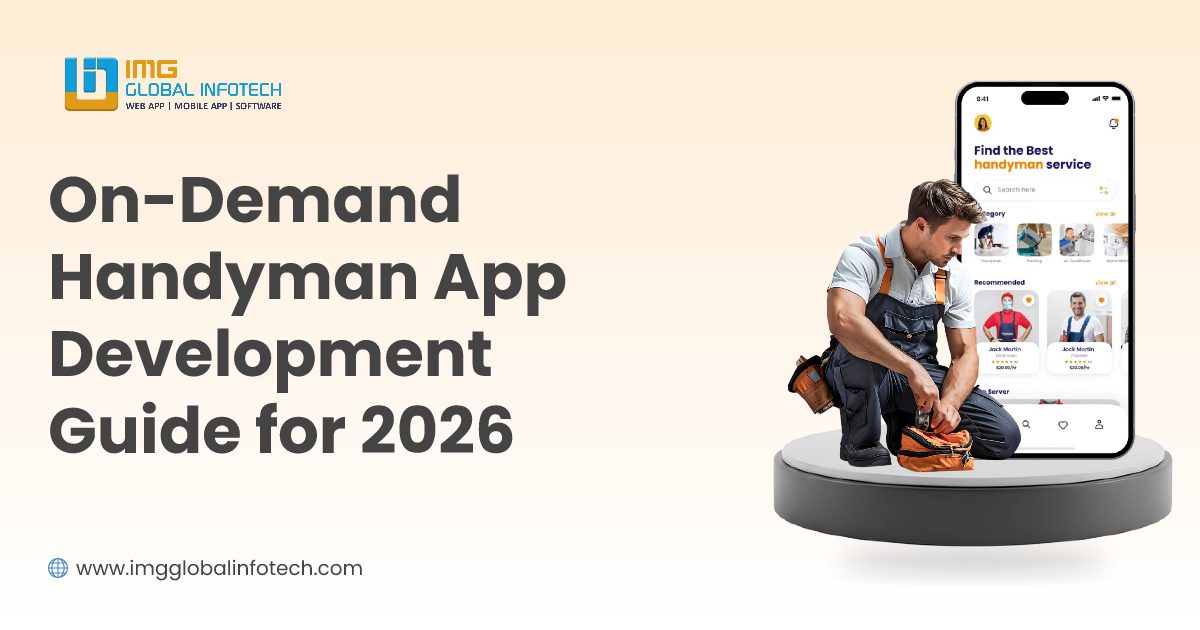 On-Demand Handyman App Development Guide for 2026
On-Demand Handyman App Development Guide for 2026
-
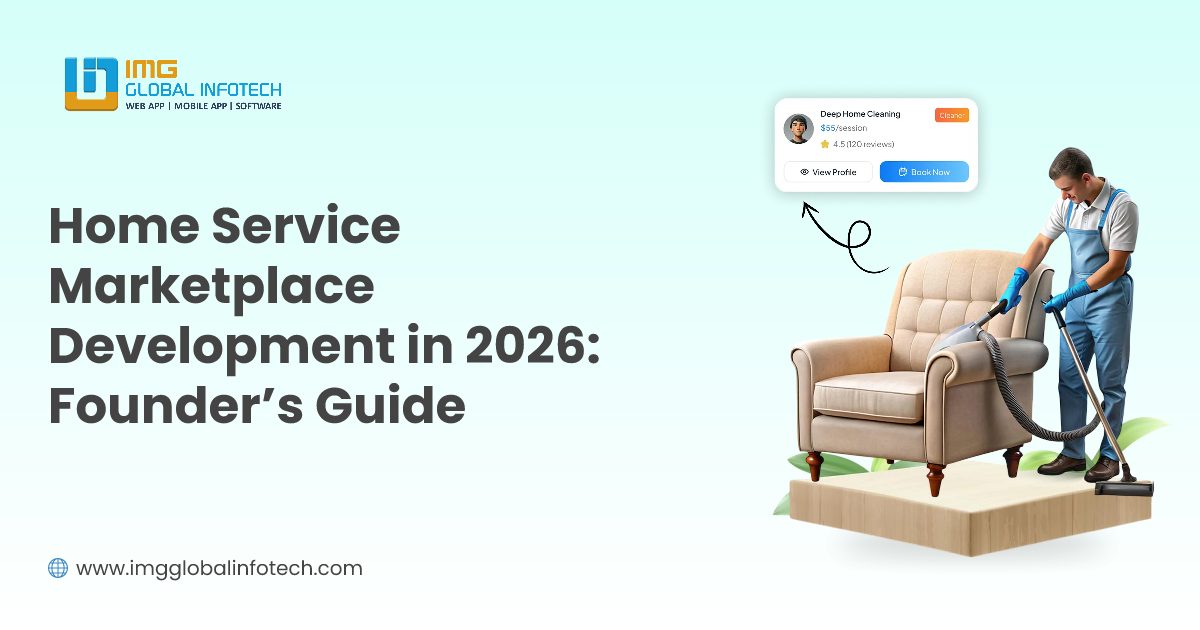 How to Build a Home Service Marketplace in 2026: Founder’s Guide
How to Build a Home Service Marketplace in 2026: Founder’s Guide
-
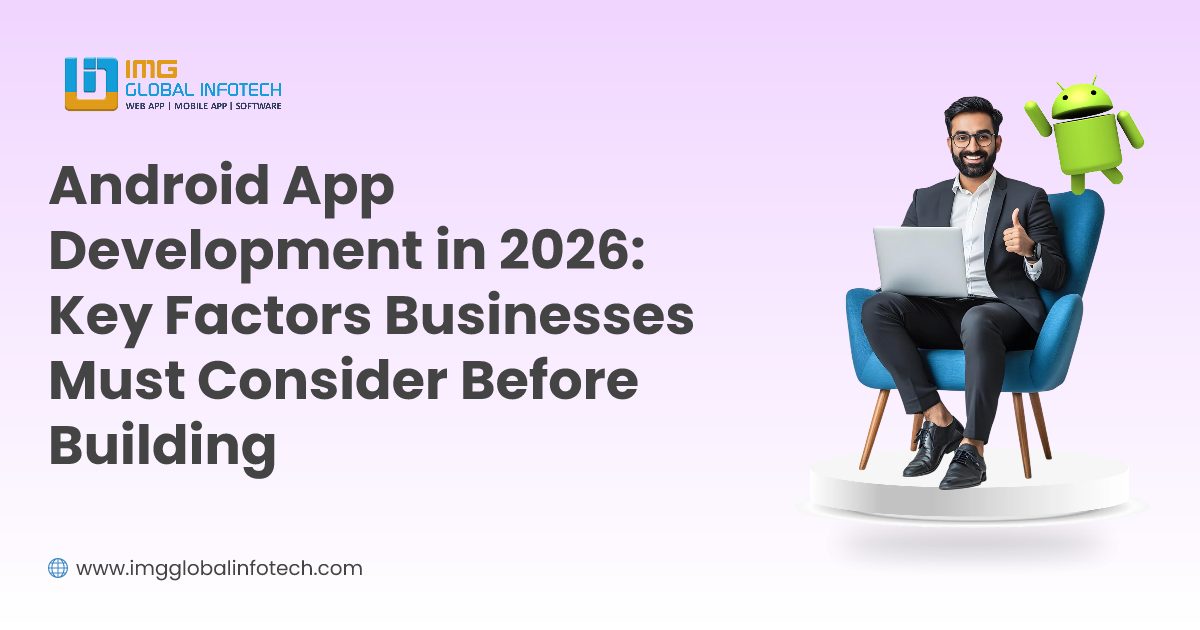 Android App Development in 2026: Key Factors Businesses Must Consider Before Building
Android App Development in 2026: Key Factors Businesses Must Consider Before Building
-
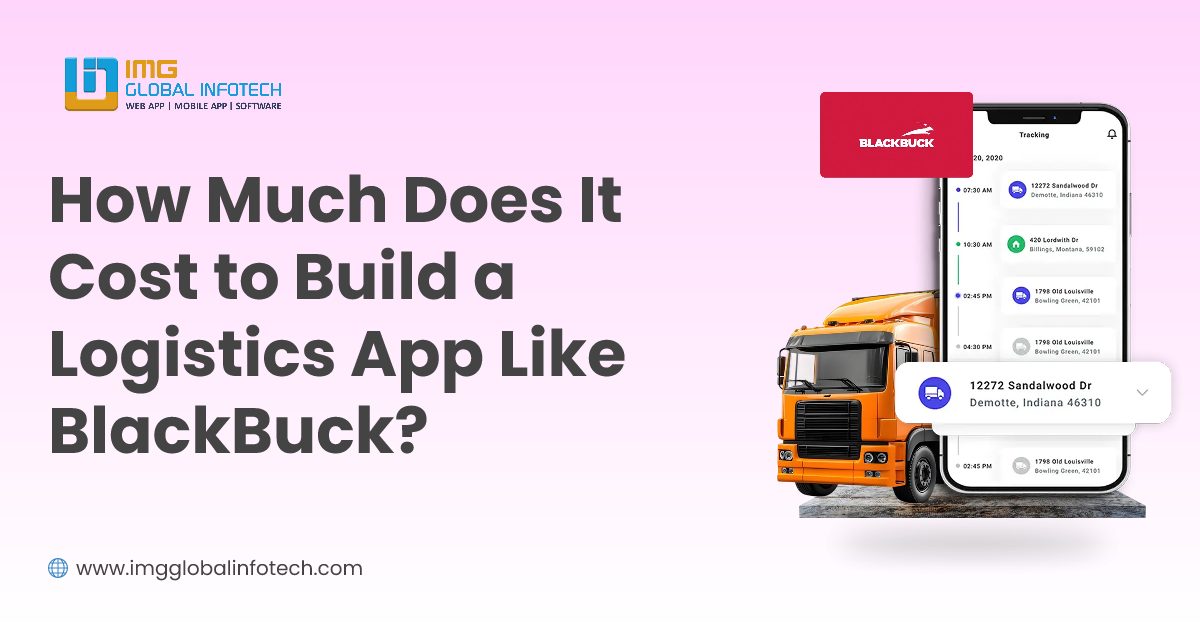 How Much Does It Cost to Build a Logistics App Like BlackBuck?
How Much Does It Cost to Build a Logistics App Like BlackBuck?
Dipti Singhal is a skilled Content Writing Specialist at IMG Global Infotech, with strong expertise in creating engaging, SEO-optimized content for various industries. She focuses on blending storytelling with effective keyword strategies to help businesses connect with their audience and improve their online visibility. Passionate about delivering high-quality content that drives real results, Dipti plays an essential role in strengthening the company’s digital presence.


